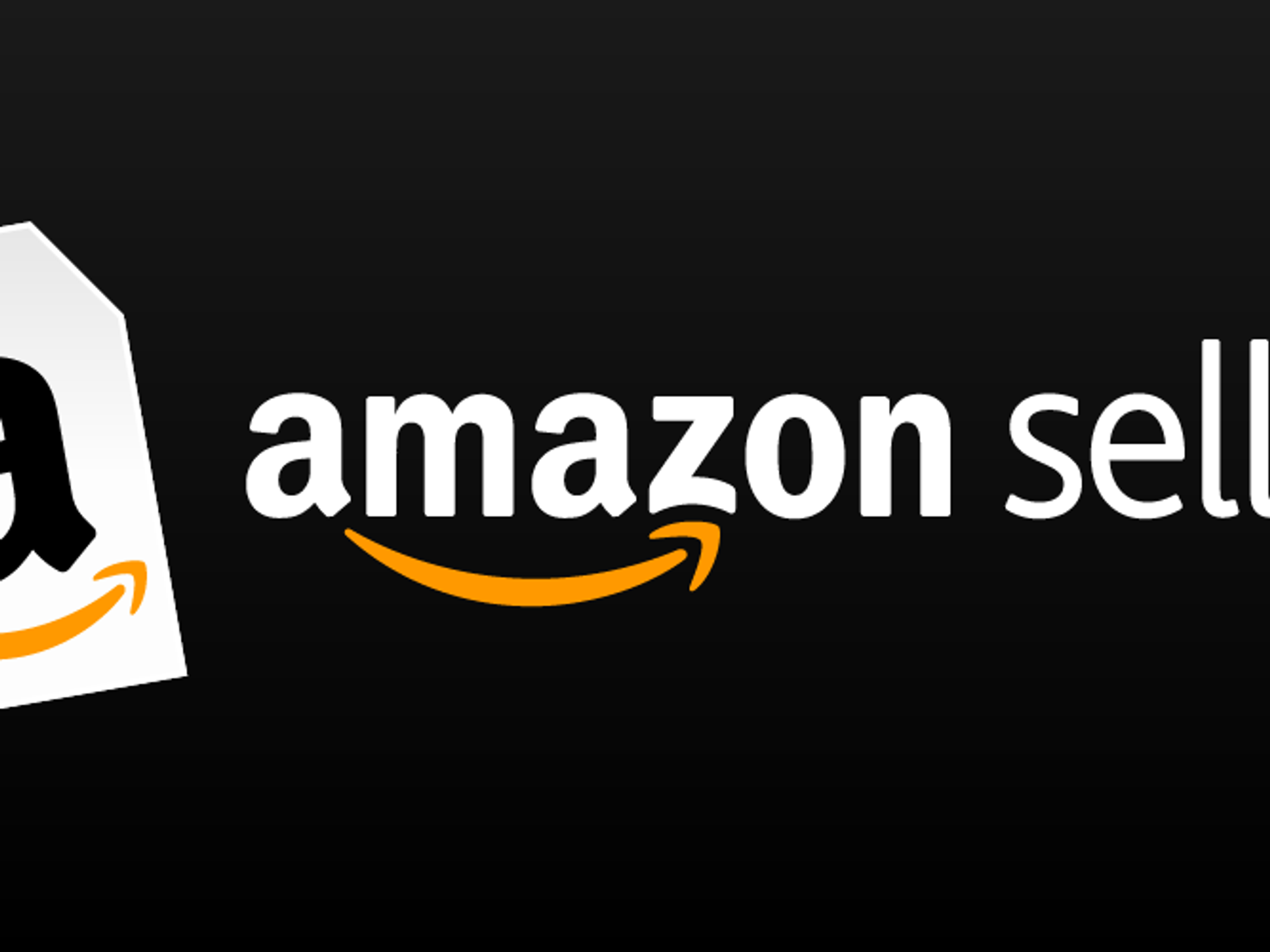Flush with $87 Million, Boosted Commerce Prepares for Massive Amazon Shopping Spree
Ben Bergman is the newsroom's senior finance reporter. Previously he was a senior business reporter and host at KPCC, a senior producer at Gimlet Media, a producer at NPR's Morning Edition, and produced two investigative documentaries for KCET. He has been a frequent on-air contributor to business coverage on NPR and Marketplace and has written for The New York Times and Columbia Journalism Review. Ben was a 2017-2018 Knight-Bagehot Fellow in Economic and Business Journalism at Columbia Business School. In his free time, he enjoys skiing, playing poker, and cheering on The Seattle Seahawks.

Boosted Commerce, which hunts for top-rated companies on Amazon to buy, is about to go on a massive shopping spree of its own, purchasing 100 consumer packaged goods companies over the next four years with funds from a $87 million raise it announced Thursday.
The company uses its experience and resources to boost already successful Amazon sellers, hence the name. Rather than gamble on unproven concepts or spend hundreds of millions on research and development, as large corporations like Procter and Gamble have traditionally done, Boosted employees scour Amazon looking for companies with top reviews and offer to buy them and close in fewer than 45 days.
"When you find something that is ranked in the top five and has thousands of reviews, you know it's a good product," explained co-founder Keith Richman. "We're buying them and we're accelerating their growth."
For sellers, many of whom are mom-and-pops living in far flung locales around the world, Boosted offers a chance to take money off the table and bring in management expertise to help scale their company.
"We know the space very well," said co-founder Charlie Chanaratsopon. "The sellers are burnt out. Their life savings are in the brand. They are generally excited and pretty relieved [when we reach out]."
Fulfillment by Amazon (FBA) businesses now represent 60% of gross merchandise sold on Amazon, according to Boosted, and there are now eight million third party sellers on Amazon with 367,000 joining this year alone.
Some merchants have described bullying tactics by the retail giant and lawmakers have been investigating whether Amazon engages in anti-competitive behavior, but Richman says they see the online retail giant as a friend rather than a foe.
"Obviously we're not afraid of them," said Richman. "Amazon is incredible and when we look at the ecosystem of retail distribution, we look at them as a force to bet on."
Still, even though Boosted uses the ecommerce retailer to source products, part of its strategy involves broadening a company's distribution to include other outlets like Walmart and Shopify, which founders often do not have the expertise to do themselves.
Chanaratsopon previously founded Charming Charlie, a national chain of 290 stores that sold women's jewelry and accessories before filing for bankruptcy for a second time last year and closing its stores.
Richman co-founded Voi Technology, a leading European based mobility company and previously co-founded Break Media, OnePage, and Billpoint Inc. He currently serves on the board of directors of GrubHub, The Meet Group and Vostok New Ventures.
Investors in the round include Torch Capital; CrossCut Ventures; Elie Seidman, former CEO of Tinder; Tucker Kain, president of Los Angeles Dodgers; Ken Ramberg, founder of Good Pods; Scott Hendrickson, co-founder and partner, Permian Investment Partners; and Thomas O. Staggs, former chief operating officer of The Walt Disney Company. (dot.LA chairman and co-founder Spencer Rascoff, co-founder of Zillow and Hotwire, also participated.)
- COVID-19 crisis sparks 'inflection point' for online grocery — and ... ›
- Office Hours Podcast: Keith Richman Of Boosted Commerce on Acquiring Ecommerce Companies - dot.LA ›
Ben Bergman is the newsroom's senior finance reporter. Previously he was a senior business reporter and host at KPCC, a senior producer at Gimlet Media, a producer at NPR's Morning Edition, and produced two investigative documentaries for KCET. He has been a frequent on-air contributor to business coverage on NPR and Marketplace and has written for The New York Times and Columbia Journalism Review. Ben was a 2017-2018 Knight-Bagehot Fellow in Economic and Business Journalism at Columbia Business School. In his free time, he enjoys skiing, playing poker, and cheering on The Seattle Seahawks.



 Image Source: Skyryse
Image Source: Skyryse
 Image Source: Northwood Space
Image Source: Northwood Space